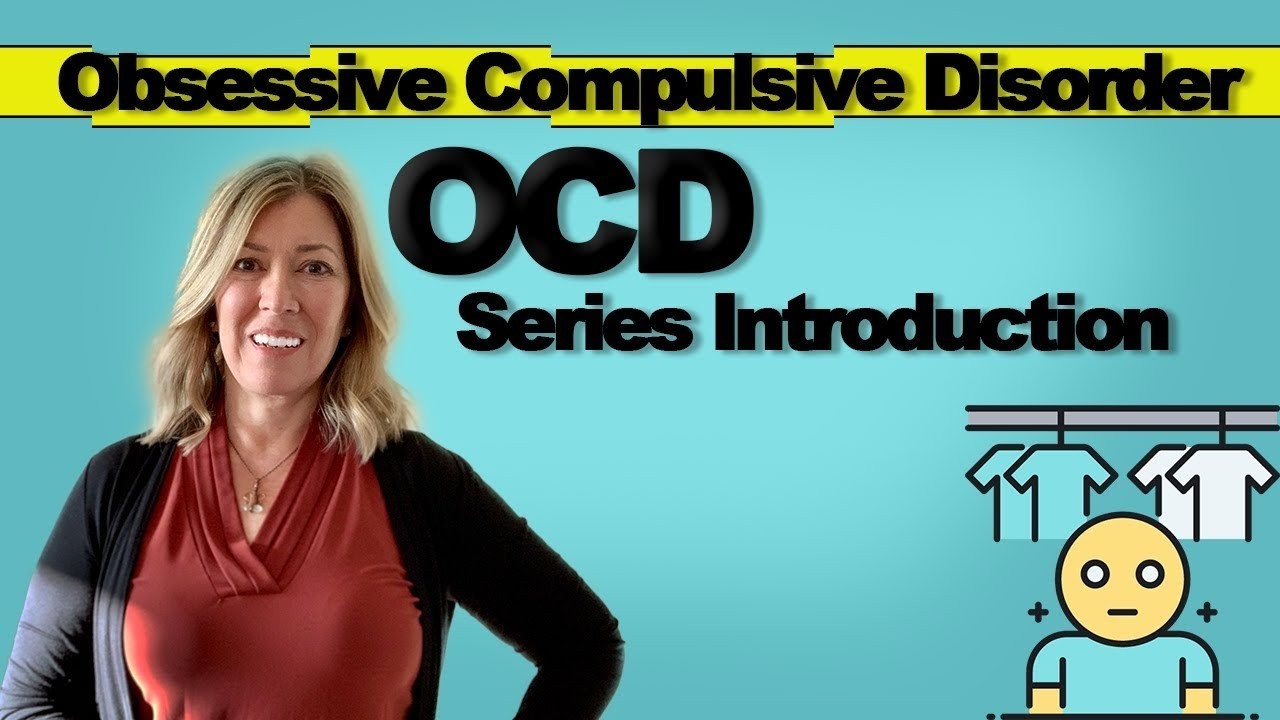
Obsessive Compulsive Disorder OCD
Obsessive-Compulsive Disorder (OCD) is a mental health condition that affects millions of people worldwide. It can be an incredibly challenging condition, as it involves both obsessive thoughts and compulsive behaviors that often take control of an individual's life. In this blog post, we will delve into the causes, symptoms, and ways to cope with OCD, shedding light on this often-misunderstood disorder.
What is OCD?
OCD is a chronic mental health condition characterized by two main components: obsessions and compulsions.
Obsessions
Obsessions are intrusive, unwanted, and distressing thoughts, urges, or images that continuously occupy a person's mind. These obsessions can vary widely and may include:
- Contamination issues
- Fear of losing control
- Harming or violent thoughts
- Stealing
- Unwanted sexual thoughts
- Religious obsessions
- Fear of illness
- Superstitious beliefs
- Obsessions related to performance or perfectionism
Compulsions
Compulsions are repetitive behaviors or mental acts that individuals with OCD feel compelled to perform in response to their obsessions. These compulsions are often driven by the need to reduce anxiety or prevent a feared event. Common compulsions include:
- Washing and cleaning
- Checking things repeatedly
- Engaging in mental compulsions like counting or praying
- Repeating certain phrases or actions
- Ordering items in specific ways
- Seeking reassurance from others
- Avoiding certain situations
The Genetic Basis of OCD
Many individuals with OCD notice a pattern of the disorder within their family history, suggesting a genetic predisposition. It's not uncommon for family members, including grandparents, to have displayed OCD-like behaviors, even if the condition wasn't formally identified in their time. This genetic link highlights the complexity of OCD and its potential hereditary components.
Stress as an Aggravating Factor
While OCD has a genetic basis, it is also significantly influenced by environmental factors. Stress plays a crucial role in exacerbating OCD symptoms. Stressors and major life changes, even positive ones, can trigger or intensify obsessions and compulsions. It's as though OCD tries to divert individuals' attention away from dealing with significant life events and instead focuses on minor, anxiety-inducing concerns.

Are you struggling with OCD or Pure O? Do obsessive thoughts, rituals, and compulsions take over your life? Has it been hard to find a specialist to help you?
If you want to get your life back from OCD or Pure O,
this course is for you.
Secondary Gain: Reinforcing OCD
One intriguing aspect of OCD is what psychologists refer to as "secondary gain." This term describes the subconscious or conscious beliefs that reinforce OCD symptoms. For example, some individuals with severe OCD might believe that they cannot work or be left alone due to their condition. This belief may lead to others taking on more responsibilities to help them, inadvertently reinforcing the OCD.
An extreme example of secondary gain involves a situation where a person's OCD symptoms, like contamination fears, become so severe that a family member takes a leave of absence from work to provide constant support. While well-intentioned, this can further entrench the OCD, as the person becomes accustomed to having constant assistance.
Coping Strategies for OCD
Coping with OCD is essential for improving one's quality of life. While it can be a challenging journey, there are effective strategies to manage OCD:
-
Professional Help: Seek assistance from a mental health professional who specializes in OCD treatment. Cognitive-behavioral therapy (CBT) and exposure and response prevention (ERP) are highly effective therapeutic approaches for managing OCD.
-
Medication: In some cases, medication prescribed by a psychiatrist may be beneficial in reducing OCD symptoms.
-
Support Groups: Joining a support group can provide a sense of community and understanding from others who have experienced similar challenges.
-
Stress Management: Learn stress-reduction techniques such as mindfulness, meditation, and yoga to help manage stress, a known trigger for OCD symptoms.
-
Education: Educate yourself and loved ones about OCD to promote understanding and empathy.
-
Self-Care: Prioritize self-care activities, including regular exercise, a balanced diet, and adequate sleep, to support your overall well-being.
OCD is a complex condition with genetic and environmental influences, often exacerbated by stress. Understanding the nature of OCD, recognizing the role of secondary gain, and seeking appropriate professional help are essential steps in managing this disorder. By employing effective coping strategies, individuals with OCD can regain control over their lives and work towards a healthier, more fulfilling future. Remember, you are not alone, and there is help and hope available for those living with OCD.
Let's Keep in Touch
Subscribe to My Newsletter
We hate SPAM. We will never sell your information, for any reason.







